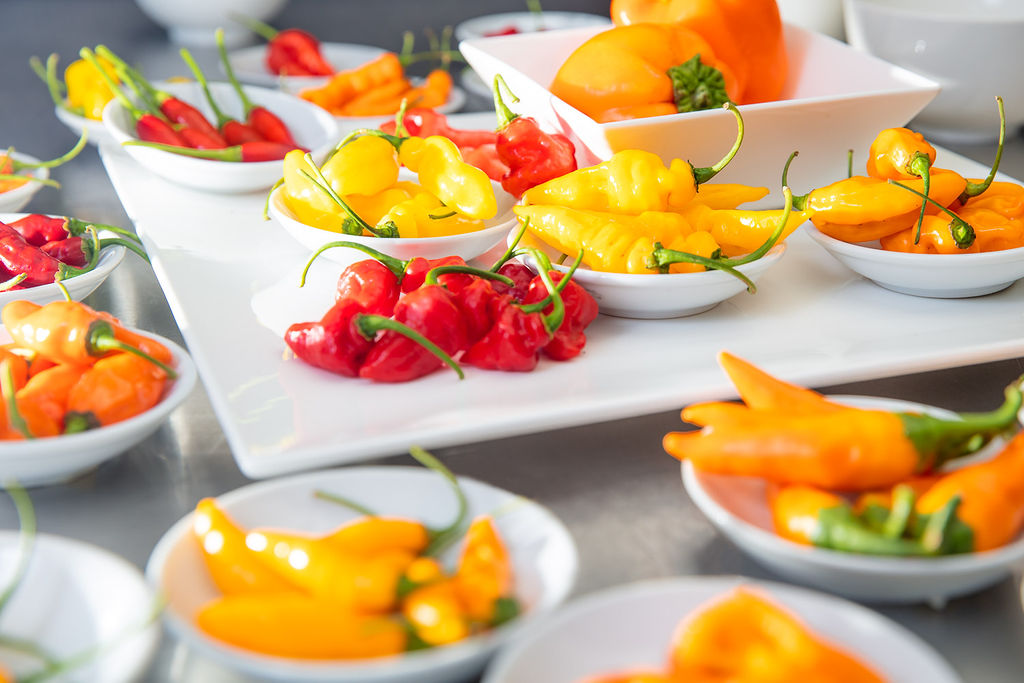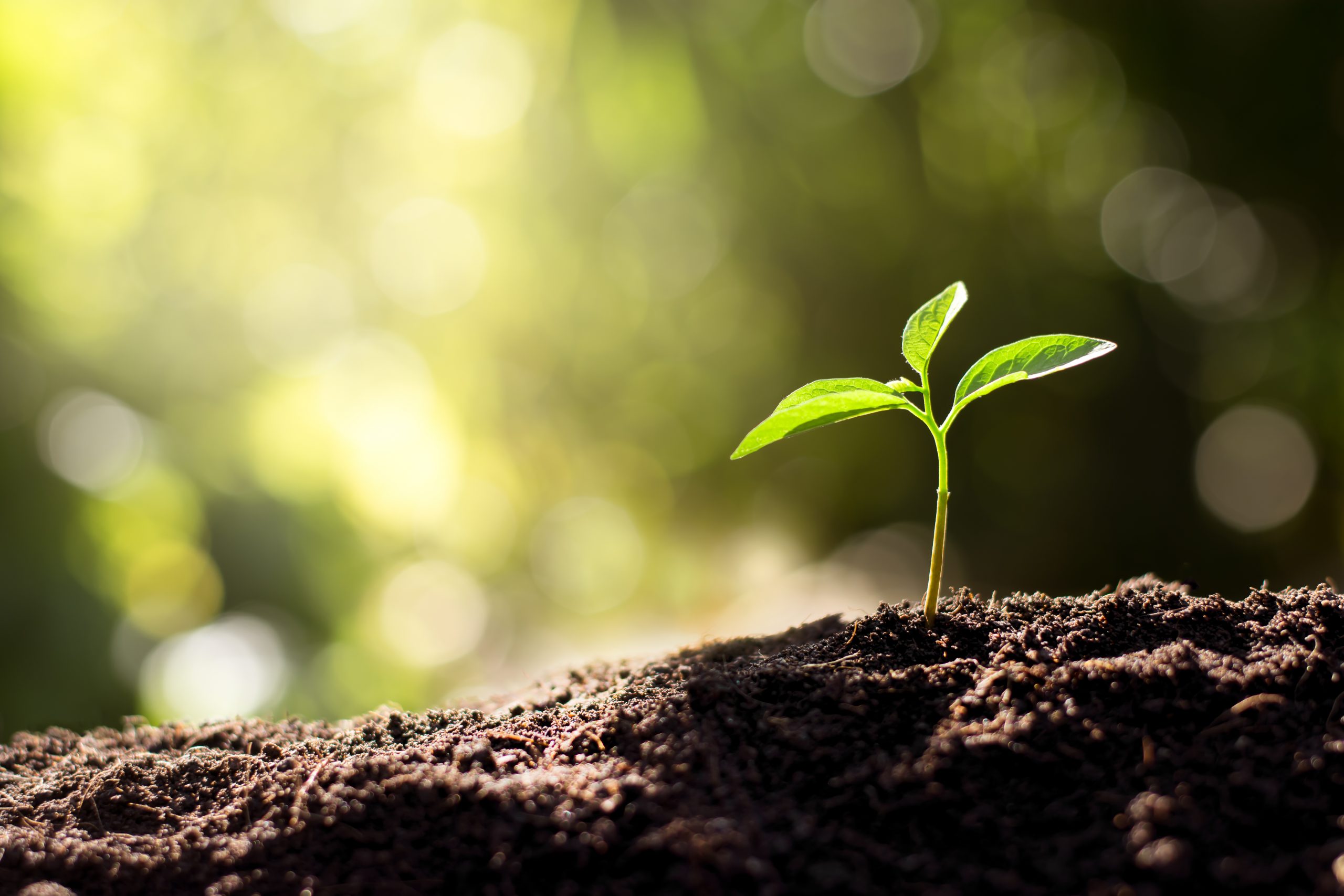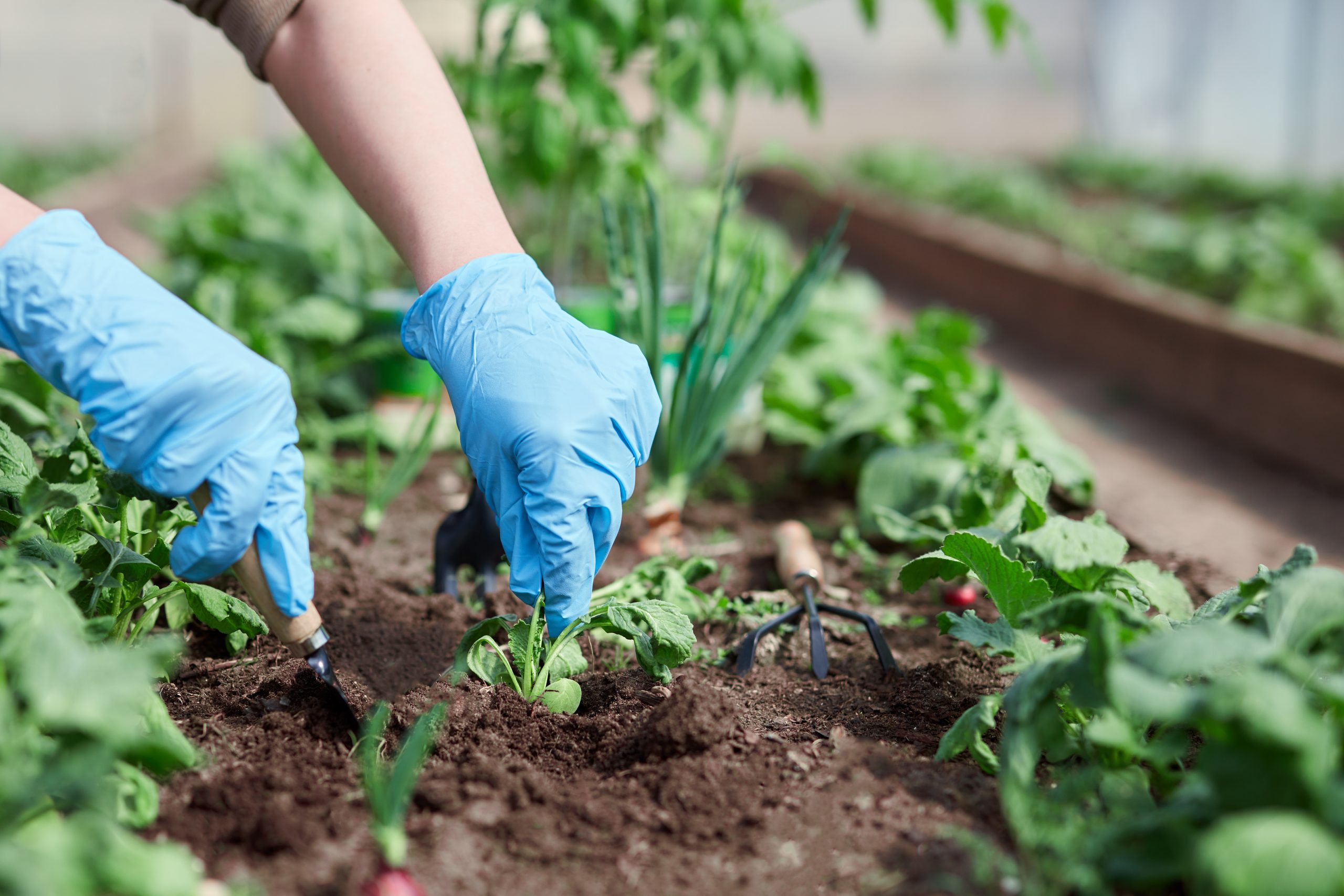
Orange capsicums on the menu for long-term eye health
30 November 2020
Compost made from recycled organics a big winner for NSW vegetable growers
30 November 2020One of the best defences against pests and diseases on your farm is to implement on-farm hygiene practices. These may limit the entry, spread and establishment of pests and diseases, and help to protect your crops. AUSVEG Biosecurity Officer Madeleine Quirk reports.
Farm hygiene is the practice of implementing simple yet effective measures on-farm to reduce the risk of entry, spread and establishment of plant pests. Farm hygiene is the first step to helping growers protect their own businesses and the wider horticulture industry, while minimising production losses and unnecessary costs associated with pest outbreaks.
Every day, farm inputs such as planting material and packaging, bins and pellets are brought onto farms to be used in the production process. If they are not managed correctly, farm inputs can create significant biosecurity risks and may seriously affect a grower’s bottom line. This is also the case for waste and weeds that are not managed appropriately. However, farm hygiene practices – if implemented correctly – have the potential to significantly reduce these risks.
Planting material
Planting materials such as seeds, seedlings, soil, compost and fertiliser can be a reservoir for plant pests. While these inputs are crucial elements of any farm business, there are steps that can be taken to mitigate the risk of spreading unwanted pests and diseases.
Using certified seed and purchasing clean seedlings from reputable suppliers is the first step to protecting your crops to safeguard your farm against pests. Maintaining a register of incoming seeds and seedlings, including where, when, and how many were received, will allow for the application of tracing activities should a new pest or disease be detected. When using certified seed, suppliers must provide information on the product’s source and testing history, so maintaining a record of test results will help to provide further protection.
Upon planting, recording the field in which the seeds or seedlings were planted can further assist with traceback activities should they need to occur. Before planting, consider separating new nursery stock from production areas and undertake regular surveillance of this stock until you are confident that they are not carrying pests and diseases.
Similarly, fertiliser should always be examined for pests and diseases before being used on-farm. You can reduce your risk of purchasing contaminated fertiliser by ensuring that it meets industry standards, such as purchasing fertilisers certified by the Fertilizer Industry Federation of Australia (FIFA) Purchase Code of Practice or by other industry quality control programs. Organic fertilisers may also pose a risk to farm health so they should be monitored carefully and treated correctly before being used.
Packaging, bins and pellets
Packaging, bins and pellets may not come to mind when you think of pests and diseases, yet they are a key pathway for pests to hitch a ride into a new area. Packaging, bins and pellets are a core part of the supply chain but are often reused and recycled. It should never be assumed that they are clean on arrival, so immediately inspecting, disinfecting and disposing of any existing organic material is key, as it may be harboring insects or pathogens.
Beware waste and weeds
Waste and weeds pose a risk to your farm’s biosecurity. Waste products that are stagnant, such as fallen crops and leaf material, can quickly become incubation hubs for pests and diseases. To reduce this risk, store waste away from nurseries, growing areas and water sources, and always dispose of waste quickly and in an appropriate manner, such as deep burial or burning.
Similarly, pests and diseases tend to harbour weeds while they await a more suitable host plant. Maintaining a weed-free buffer zone around the growing area will help stop the spread of pests and diseases in your crops. To ensure that you keep on top of weed management, consider developing an on-farm weed management plan.
Farm hygiene practices may be simple, yet they can significantly protect your business. For information on other farm hygiene practices, including advice on managing biosecurity risks associated with staff and visitors, please click here.
Find out more
Any unusual plant pest should be reported immediately to the relevant state or territory agriculture agency through the Exotic Plant Pest Hotline (1800 084 881).
For further information, contact AUSVEG Biosecurity Officer Madeleine Quirk on 03 9882 0277 or madeleine.quirk@ausveg.com.au. The Farm Biosecurity Program is funded by the Plant Health Levy.
This article first appeared in Vegetables Australia – Summer 2020/21. To read the full publication, please click here.

